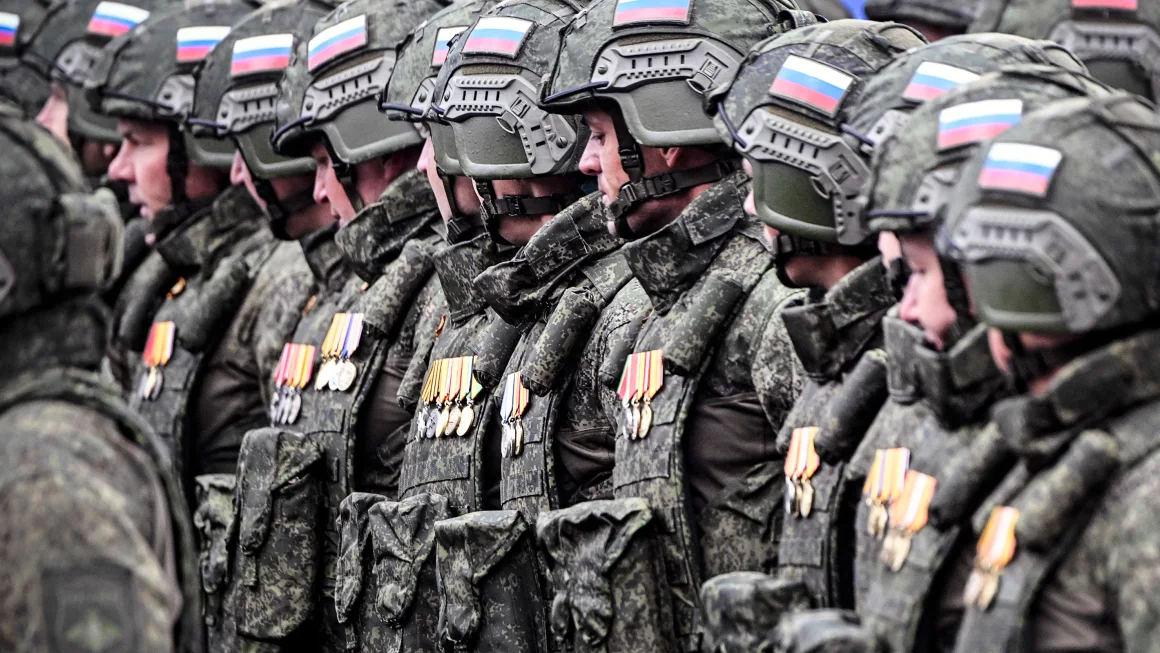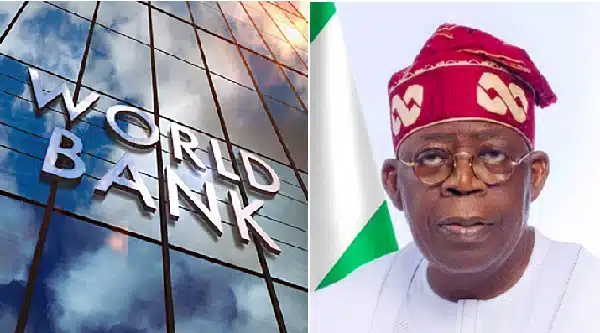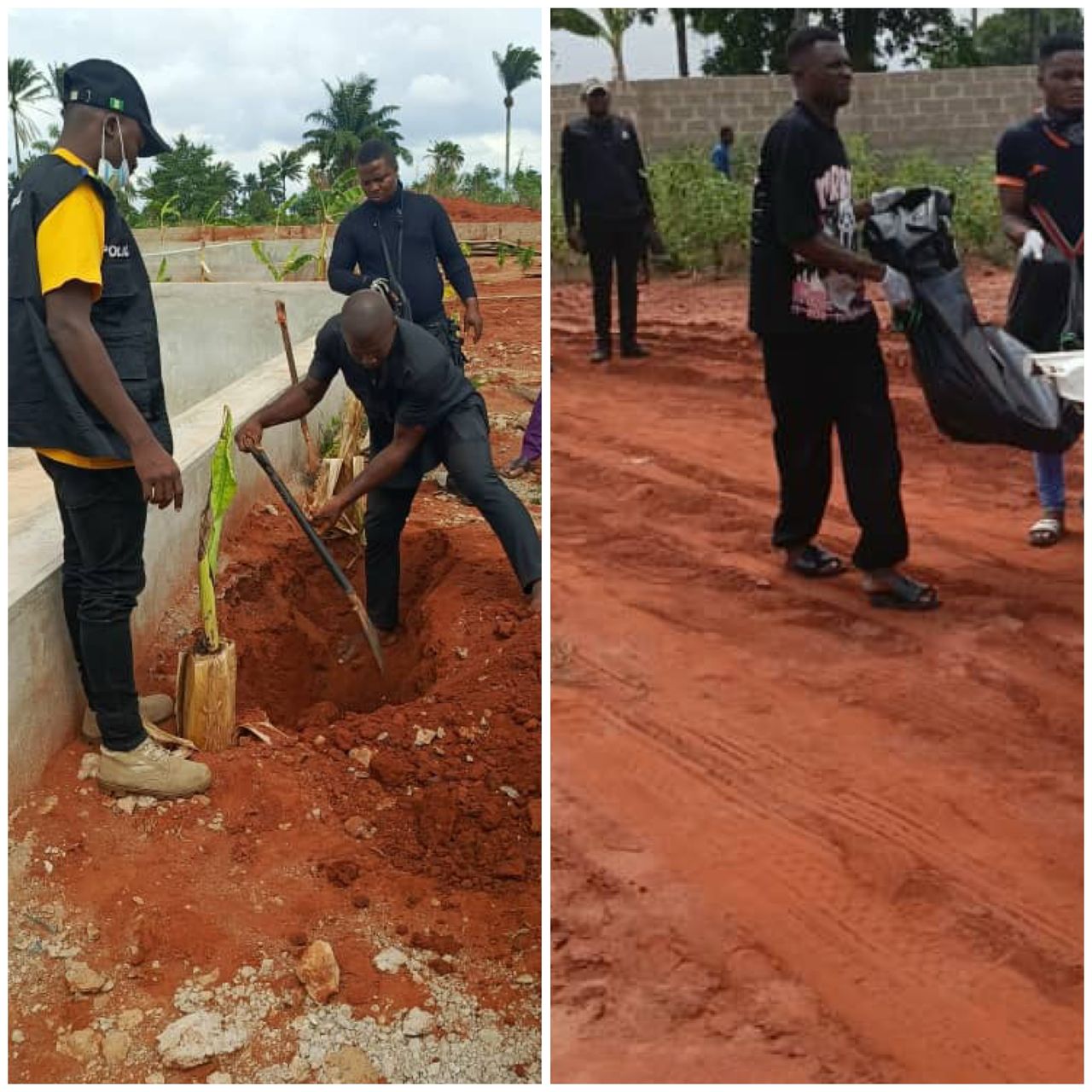In recent months, eastern Democratic Republic of Congo (DRC) has witnessed a dramatic escalation in conflict as the M23 rebel group asserts control over crucial territories. This renewed conflict, intertwined with accusations of foreign backing, underscores deep-rooted regional rivalries and has ignited fresh humanitarian and economic crises.
Strategic Rebel Advances
M23 fighters have made significant territorial gains, notably capturing key towns that serve as vital nodes in the region’s infrastructure. One such town, long known for its rich deposits of tin, gold, and other critical minerals, now stands as a testament to the rebels’ expanding influence. By seizing control of this strategic location, M23 has effectively disrupted local supply lines and isolated government forces, complicating efforts to reestablish state authority over these mineral-rich zones.
Alleged External Support
Central to the unfolding crisis are persistent allegations of external support. While Kigali has consistently denied any involvement, multiple reports suggest that Rwanda may be providing military assistance to M23. This purported backing is seen as an attempt to secure access to valuable natural resources and expand influence in a region historically marred by conflict. Such accusations have fueled diplomatic tensions, casting a long shadow over an already fragile regional balance.
Humanitarian Catastrophe
The human toll of this conflict is profound. With millions already displaced by years of unrest, the resurgence of hostilities has exacerbated the plight of countless civilians. Communities are facing dire shortages of food, shelter, and medical care, and reports of widespread violence—including targeted attacks against vulnerable populations—have intensified international concern. Humanitarian agencies are now calling for urgent intervention to prevent further loss of life and alleviate the suffering of those caught in the crossfire.
International Response and Mediation Efforts
In response to the rapidly deteriorating situation, global leaders and regional organizations are stepping in to broker peace. Diplomatic initiatives, including proposed ceasefire negotiations and emergency humanitarian aid packages, aim to stabilize the region. However, the continued offensive by rebel forces casts uncertainty on the success of these efforts. Mediators are racing against time to restore order and prevent the conflict from spiraling further into a full-scale regional crisis.
Economic Repercussions
Beyond the immediate humanitarian disaster, the conflict has significant economic ramifications. Eastern DRC is a major source of minerals essential for the global electronics and renewable energy industries. With rebel groups controlling key mining areas, the stability of global supply chains is increasingly at risk. This disruption not only hampers the DRC’s potential revenue from its natural resources but also poses a threat to international markets that rely on these minerals for manufacturing critical components.
Looking Ahead
The crisis in eastern DRC is a multifaceted challenge that combines geopolitical intrigue, economic uncertainty, and acute human suffering. As the international community mobilizes to address these issues, the path to lasting peace remains uncertain. Sustained diplomatic engagement, comprehensive humanitarian relief, and strategies to ensure ethical sourcing of minerals will be crucial to navigating the complex web of interests at play.
In the coming months, the focus will likely be on bridging the gaps between conflicting parties and stabilizing the region to protect both the lives of millions and the global economy reliant on these critical resources.








Leave a Reply to Happiness James Cancel reply